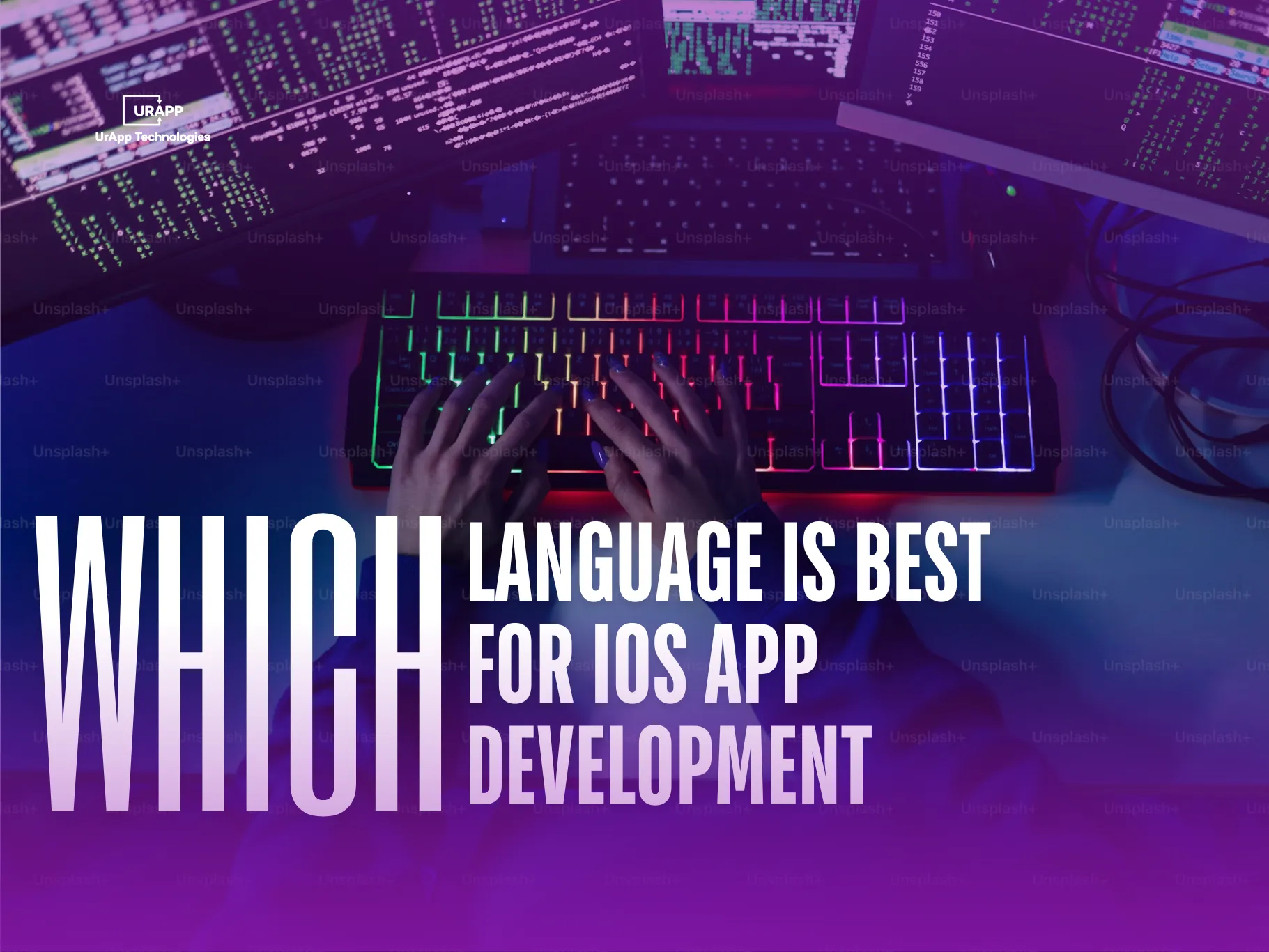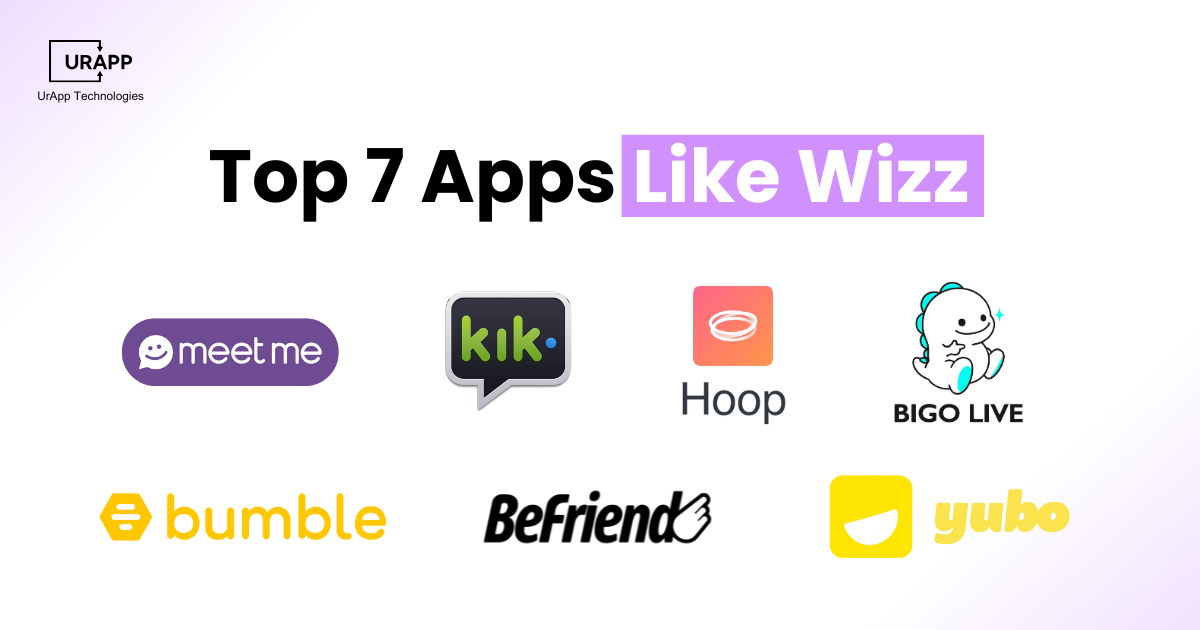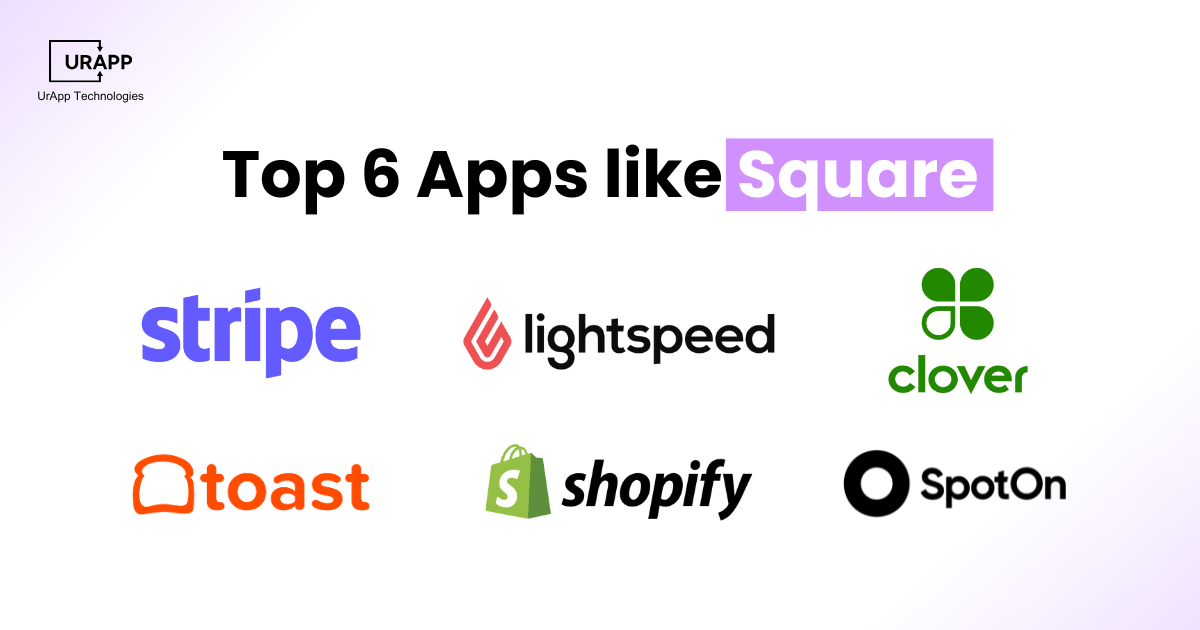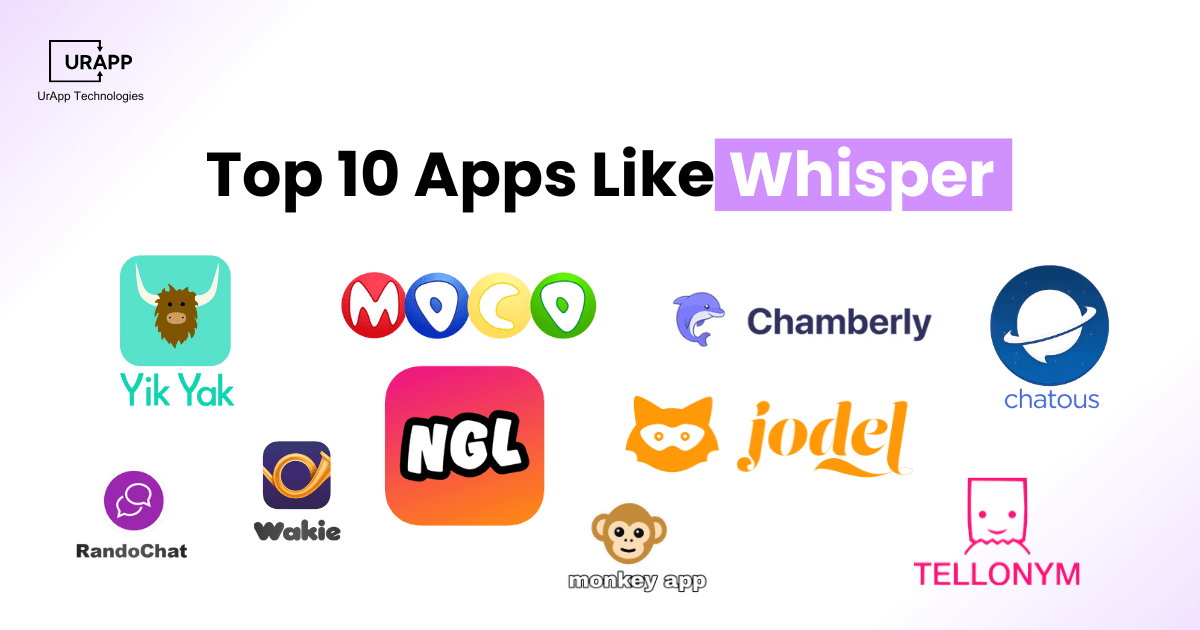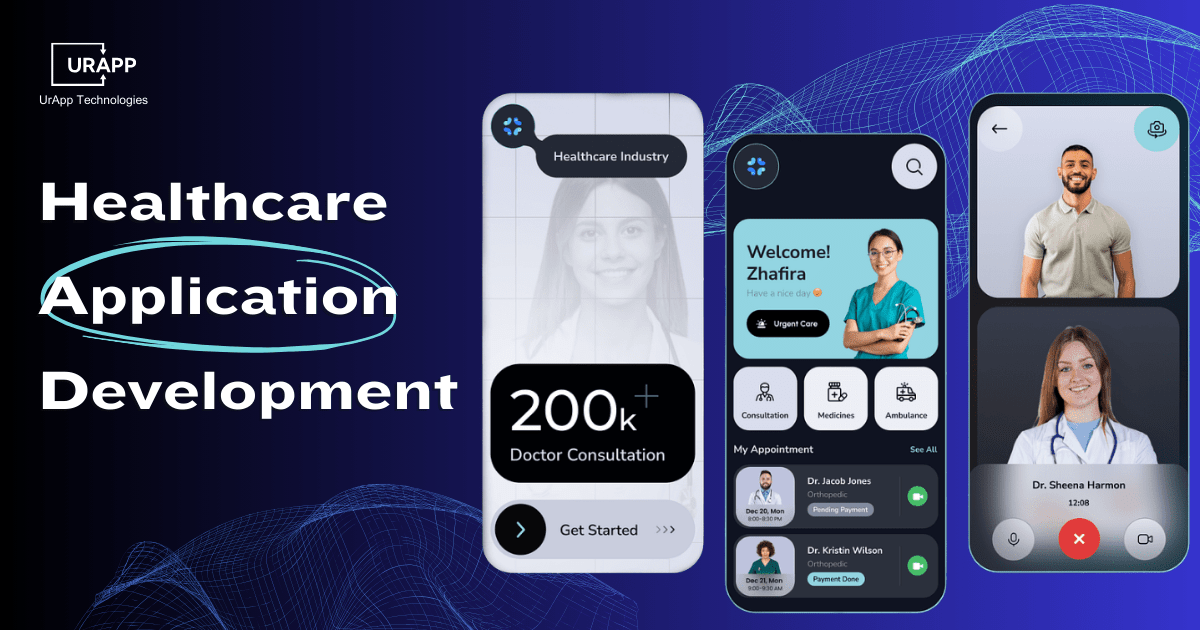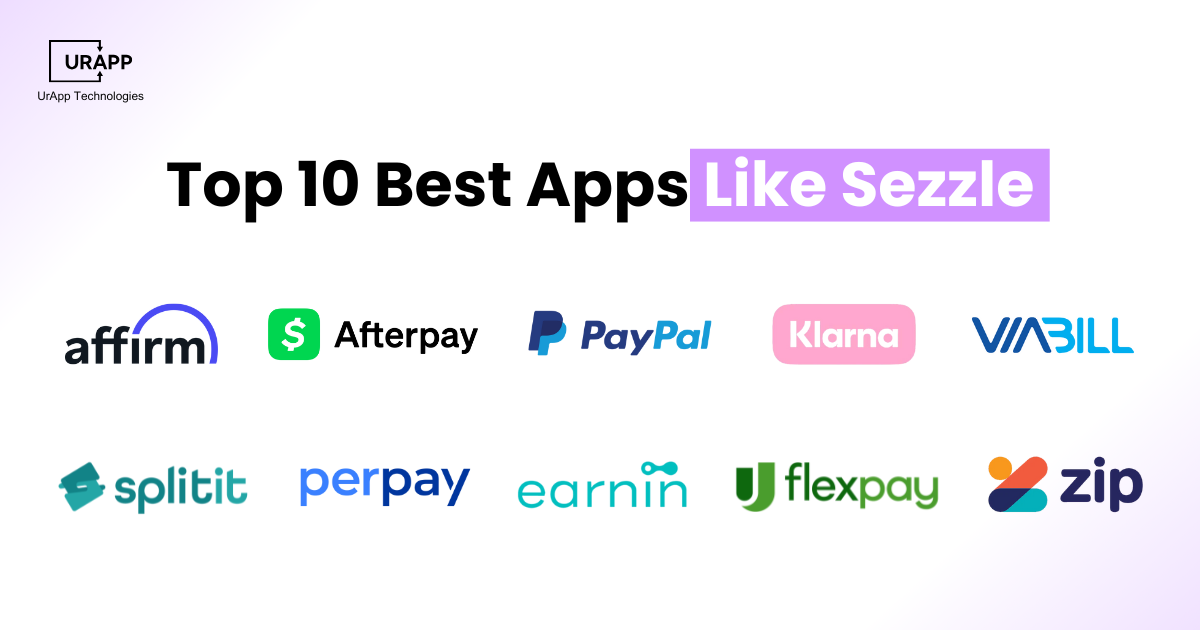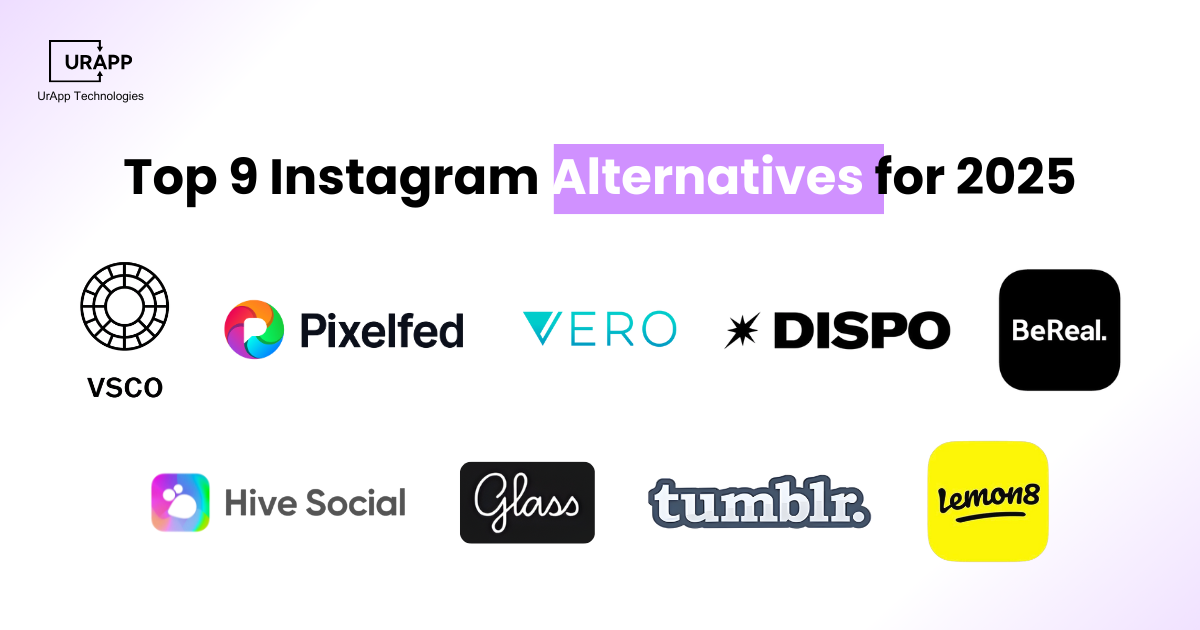Top 5 iOS Programming Languages in 2025
The Role of Language in iOS App Development
The choice of an iOS programming language holds a crucial place among the factors influencing the development process. It directly impacts app performance, scalability, security, and user experience. Selecting the right iOS programming language ensures that your app is not only effective but also secure and easy to update, supporting long-term growth and functionality.
All languages have their advantages and choosing one is based on such aspects as the level of difficulty, price and objectives that are planned for the upcoming years. Here is a list showing some of the most commonly used languages in iOS application development.
Top 5 iOS Programming Languages
1. Swift:
With its 2014 invention, Swift currently holds an 84% market share in the development of iOS apps. It has simple syntax and contemporary features. It is perfect for the majority of jobs because it connects easily with Apple products. Swift is optimized for watchOS, tvOS, macOS and iOS and For developers, this makes it really convenient.
Key Benefits of Swift:
Speed and Performance
- Swift is designed for speed and it is much faster than older languages like Objective-C. This speed is crucial for efficient apps.
Clean and Concise Syntax
- Swift is a lot easier to learn than most programming languages out there because of how it is written syntactically. It’s simple to write, making it easy for developers to read.
Safety and Security
- Swift offers safety features like error handling and memory management. This prevents crashes and helps developers build secure apps.
Regular Updates
- Swift is Apple’s official language. It’s regularly updated to ensure compatibility with the latest iOS versions. This makes Swift a future-proof option for iOS applications development since it is enhanced to meet the market’s changing demands.
2. Objective-C:
Objective-C dominated iOS development before Swift. It is still useful for maintaining older apps and legacy systems. While Swift is now the preferred choice, Objective-C remains essential for older applications. It still has value in many cases.
Key Benefits of Objective-C:
Compatibility with Older Codebases
- Objective-C can be useful for those applications, which in general require updates, but are based on old codes and frameworks. It supports code reusability, making it easier to enhance legacy systems.
Supports C and C++ Libraries
- Objective-C allows developers to use C and C++ libraries. This helps complete complex tasks that other languages may not support.
Well-Established Community
- Objective-C has a large, active community. This ensures abundant resources, documentation and support for developers.
Integration with Swift
- Objective-C works well with Swift. Developers can use both languages in a single project, combining their strengths.
3. C#:
When developing mobile apps, C# is frequently utilized, particularly for cross-platform apps. Developers may create an app for iOS and Android using Xamarin.
Key Benefits of C#
Cross-Platform Development
- C# is great for cross-platform development. This implies that companies or businesses do not necessarily have to hire specialists in each of these platforms that they intend to use.
Familiarity for . NET Developers
- Working with the technology of the Microsoft .NET ecosystem makes C# rather smooth to work with while transitioning into mobile application development.
Cost-Effectiveness
- Since one can build applications for a number of platforms with the same code, C# is cheap for business, particularly for small and medium-sized projects.
Enterprise-Level Features
C# brings in the solidity, reliability and flexibility that can be vital for complex corporate applications. This makes it suitable for organizations that want to design strong iOS apps with enterprise capabilities.
4. JavaScript :
JavaScript, popular in web development, is now used for hybrid app development. Frameworks like React Native enable developers to build apps for iOS and Android.
Key Benefits of JavaScript
Cross-Platform Power with React Native
- JavaScript was developed to enable developers to create hybrid applications utilizing frameworks like React Native. The ability to create apps that run on both iOS and Android without requiring the development of two separate pieces of code is therefore incredibly convenient.
Shorter Development Time
- JavaScript frameworks provide shorter time to market, helping businesses release applications faster.
Popular Among Web Developers
- That is why, many developers who deal with web development can switch to mobile app development using JavaScript, as it is rather popular and well-known.
5. Kotlin:
While Kotlin is mainly used for Android App development, Kotlin is actively used in iOS app development through x-platform frameworks. The development of a Kotlin base for cross-platform projects makes it more and more relevant for businesses due to its concise, expressive and interoperable nature with Swift.
Key Benefits of Kotlin
Cross-Platform Compatibility
- The Kotlin language can be applied in developing both android and iOS applications implying that the developers can avoid writing the same piece of code again.
Interoperability with Swift
- This means that Kotlin can coexist with Swift and it is possible to have both languages in one project and make the most out of them.
Clean and Readable Code
- The clear syntax of Kotlin makes the work of a programmer easier and efficient because it enables them to write less code but meaningful and quality code.
Ideal for Cross-Platform Projects
- It is beneficial for those who want to create applications compatible with both Android and iOS since Kotlin helps provide the same user interface.
Factor to Consider When Choosing a Language
Choosing the right programming language in iOS application development is dependent on the following. Here are some key considerations to keep in mind:
1. Project Requirements
Complexity of the App
- Apps that need additional capabilities and features could use Swift or Objective-C since it will provide improved performance and better control over the code.
Cross-Platform Requirements
- If your app has to perform on Two platforms then it’s better to go with C# or a JavaScript framework like React Native.
2. Developer Expertise
Swift for Easy to Use
- Due to being relatively easy to learn and use with a clean syntax, Swift is suited for new programmers or those converting from other platforms to iOS app development.
Objective-C for Legacy Projects
- Professional iOS developers, who faced legacy iOS systems during the creation of new programs, often opt for Objective-C when working with older applications.
3. Time and Budget Constraints
Faster Development with JavaScript
- If you don’t have the time to develop complex components and services, JavaScript’s frameworks such as React Native are quicker to deploy.
Cost-Effective Cross-Platform Development
- Some of the languages that you can use include C# or Kotlin that enables you to build an app that can work on both iOS and Android.
4. Long-Term Scalability
Swift for Long-Term Projects
- It is seen that swift is updated quite frequently and enjoys the best technical support of Apple so Swift is best suitable for long term applications as well.
Kotlin for Cross-Platform Consistency
- For those that have ambitions of broadening their app to both Android and iOS, Kotlin also offers a strong solution.
Key Takeaways
- Swift is the top choice for modern iOS apps, offering speed, simple syntax, safety, and Apple support.
- Objective-C remains essential for maintaining legacy iOS apps and integrating with Swift.
- C# is ideal for cross-platform apps via Xamarin, saving development time and cost.
- JavaScript enables hybrid app development using frameworks like React Native, shortening time-to-market.
- Kotlin supports cross-platform projects, allowing interoperability with Swift and code reuse for both iOS and Android.
- Choosing the right language depends on project complexity, developer expertise, budget, platform goals, and long-term scalability.
Conclusion
At UrApp tech our consultant are here, round the clock to assist you in making the right decision because the best thing about contracting an iOS app development company is that you are taken through the process by professionals/experts and the right advice is given to make sure that what you get is the best.
